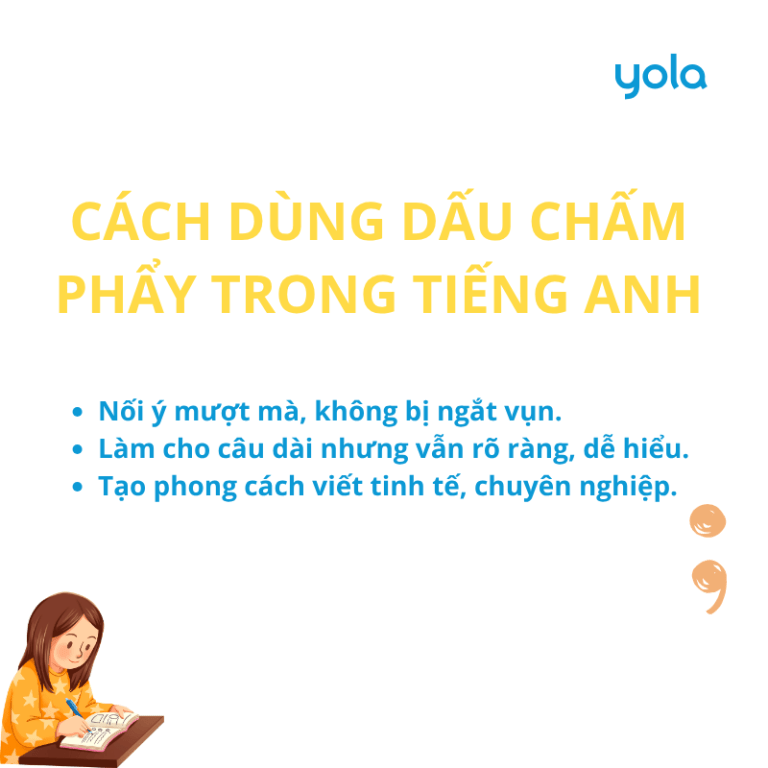5 tips to help you succeed with your study abroad program

Study abroad has become the familiar choice of young people to expand their knowledge and life experience. After completing your study program in Vietnam, IELTS courses and related procedures, stepping to “West sky”, you will face many differences in language, activities and environment. learn.
Unlike high school or college in Vietnam, most foreign universities and colleges value the autonomy and diligence of students. Therefore, you need to make certain changes to adapt, to complete your program.
1. Plan for learning and living
Unlike high school, you only have to sit in the classroom waiting for the teacher to teach, with the college-level, each subject will be arranged according to a different time and classroom, the number of school days are different. This is based on the number of lessons in each subject. Therefore, you should note the start and end time, subject and specific class of each subject for easy tracking and not to be confused.
Study notes also help you understand what time of day you are available for extra work and self study.
2. Design a rational learning
There will be no one reminding you of your education as you are in high school, so you must be familiar with self-control of your learning.
First of all, set yourself a habit. Can you get better in the morning or in the evening? Do you like to study with friends or study alone?
It may take you a while to try out all of those ways to find the right one for you. When you find it, you apply it regularly to your studies.
It is important to study abroad in a journalistic setting, ask questions, and find out more relevant information at the library. You may already be familiar with the skills of taking notes after IELTS, but the recording in the lecture hall will be slightly different in terms of speaking speed, information and also the voice of the instructor, so this is what you should notice.
Do you feel anxious to remember a great deal of knowledge? Divide the lesson into sections, complete each lesson before stepping through the new section. And spend about 5 minutes to review the old knowledge before each lesson.
3. Have a good rest
You can not learn 8 hours, 10 hours, 12 hours a day !! In the end, learning is tired, and now I have to study in another language, not my mother tongue. Even if you have taken IELTS courses, it does not mean that you know and understand all the words. And that will make studying harder harder. So, give your body and mind a break and plan your rest and study properly.
Try the formula 45-15: Focus on learning, work in 45 minutes, then rest for 15 minutes, so repeat that. Make sure your body is fully rested, properly. Get enough 6-8 hours a day, eat well, eat healthy foods, and do not miss your nap! Even if you only spend 15 or 20 minutes napping, it will help your body get ready for the rest of the day.
You should also create exercise habits, as exercise will help you to be healthier, more lucid, quicker mind, more alertness and ability to focus will also increase, memory is also improved better. Not only that, it also helps you to relieve stress.
In addition to practicing the body, you should practice your mind as well. Try to meditate, practice breathing properly and properly. It will help your mind, your mind is relaxed, comfortable.
4. Make friends
You will get along better easily, as well as learn more if you have many friends. Be friendly, kind and kind, and make lots of friends.
Most Vietnamese students are afraid to talk to teachers, but in foreign countries, the exchange between students and teachers is completely encouraged, which shows the initiative in learning as well as your communication. So, if you need to ask more about the lesson, do not hesitate to ask, the teachers are always ready to listen to you.
Another issue of Vietnamese students studying abroad is to find Vietnamese friends to make friends for cultural appropriateness as well as to … speak Vietnamese. However, making friends with foreign friends, especially those you study with, will not only help you learn English better, learn native cultures but also help you with lessons in the classroom in your case. Missing or not able to hear the teacher said.
Although encouraged to make friends, you should consider “choosing friends”, because when you study abroad as a returning student or to work abroad, choose friends. Advancement, can help each other in learning and life.
When you work in a team, if there is a problem among the members, choose the solution to sit down together for discussion, suggestions, and silence that will affect your overall result and team.
5. Balance between personal life and learning
You should also know how to balance your life and study, between social life and a student’s on-campus education.
Your main goal when arriving in that country is to study, so take your studies first. Do not miss school if it is not an emergency, or if you schedule a holiday beforehand, contact the teacher in the event of an unexpected test and, of course, to ask again for the content you lost on that day.
Extra work is indispensable for any student, but do not let the job roll away, you should only work about 4 hours a day, the rest is spent studying and rest.
And the last thing is to try, life in a civilized country will also have good and bad aspects, the key is that we have to balance and solve them to have a great time studying abroad.










